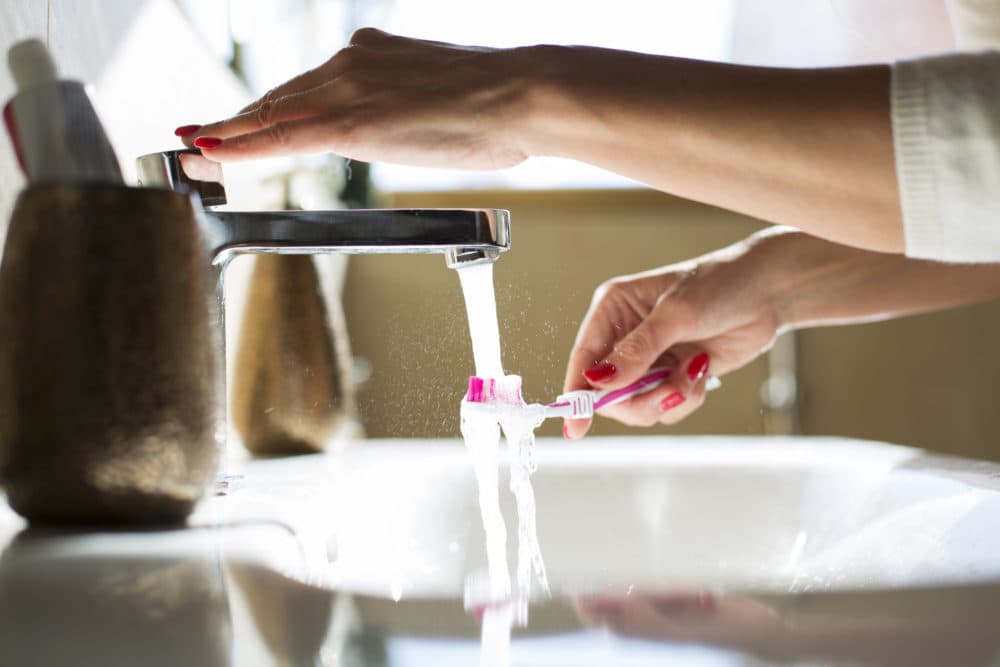Advertisement
Toothbrushing dramatically lowers death rates among certain patients, study finds

A simple practice could help save patients' lives in the hospital. New research links toothbrushing with fewer infections and a striking drop in the risk of death for certain patients.
The study, published in JAMA Internal Medicine, analyzed findings from 15 studies that included more than 2,700 patients, most of whom were on a ventilator and in the intensive care unit, or ICU. The patients were randomly assigned to either have their teeth brushed or not.
Daily toothbrushing reduced the patient’s risk of pneumonia by about a third, according to the study. It also shaved nearly two days off the patient's stay in the ICU. And it reduced their mortality rate by almost 20%.
“To find something that's simple, that's common, that's cheap and that’s so effective is pretty amazing,” said study co-author Michael Klompas, an infectious disease physician and hospital epidemiologist at Brigham and Women's Hospital.
Toothbrushing and mouth care is important because pneumonia can be caused by bacteria in the mouth entering the lungs.
“It's underappreciated, but pneumonia is probably the most common hospital-acquired infection,” Klompas said. “And it has a very high mortality rate for those who get it.”
Those in the dental world were not surprised by the paper’s findings.
“We've known about this for a long time,” said Thomas Van Dyke, vice president for clinical and translational research at the American Dental Association’s Forsyth Institute and a professor of oral medicine, infection and immunity at Harvard’s School of Dental Medicine.
Van Dyke, who was not involved in this study, said more than a decade of research in nursing homes and ICUs has shown improved health outcomes for patients who brush their teeth. He said this is generally true for older and frail patients.
Klompas said there hasn’t been much research on the impact for other groups.
“One big question mark is how does this apply to patients outside the ICU,” Klompas said. “There's been very few studies that have looked at that population.”
In the ICU, he said, oral care of patients is already a well-established part of care, but this doesn’t always include toothbrushing.
“I'd say right now, maybe about two thirds of hospitals from what data I've been able to see include toothbrushing,” he said. “So there is room to grow over there.”
Van Dyke agrees. In part, he attributes the problem to how siloed dentistry is from the rest of medical care. He also said hospitals and nursing homes may need to be pressured to change their oral care policies.
“The problem is, from the point of view of the health care facility, it's an extra procedure. And it takes somebody some time to do this every day,” he said. “I'm surprised the insurance companies don't insist that it's done because they're the ones paying out the wazoo for that hospital stay.”
